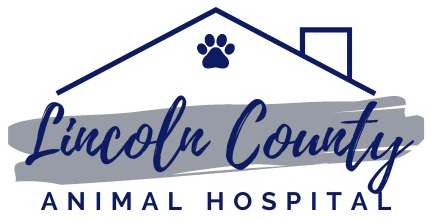Veterinary rehabilitation can benefit a wide range of conditions in pets, including:
Orthopedic injuries: Pets recovering from fractures, joint surgeries, ligament or muscle tears, or sprains can benefit from rehabilitation to regain strength, mobility, and function in affected limbs.
Neurological disorders: Pets with conditions such as intervertebral disc disease (IVDD) or spinal cord injuries can benefit from rehabilitation to improve coordination, balance, and muscle function.
Arthritis and developmental joint disease: Rehabilitation can help pets with arthritis and developmental joint disease manage pain, improve joint mobility, and maintain muscle mass through therapeutic exercises and modalities.
Geriatric care: Senior pets can benefit from rehabilitation to maintain mobility, manage age-related conditions such as osteoarthritis, and improve overall quality of life as they age.
Obesity: Rehabilitation can help pets struggling with obesity to safely increase exercise levels, improve fitness, and achieve weight loss goals through tailored exercise programs and nutritional guidance.
In the field of veterinary rehabilitation, specialized certifications are essential for ensuring that veterinary professionals have the knowledge and skills to provide safe, effective, and evidence-based care to their patients. These certifications include:
- Certified Canine Rehabilitation Practitioner (CCRP)
- Certified Canine Rehabilitation Therapist (CCRT)
- Certified Companion Animal Rehabilitation Therapist (CCAT)
These certifications require rigorous training and education in areas such as anatomy, physiology, biomechanics, therapeutic modalities, and rehabilitation techniques specific to animals. And don’t be fooled by their names! Therapeutic techniques can be applied not only to dogs but also to cats, rabbits, and other pets!
By earning these certifications, veterinary professionals demonstrate their commitment to excellence in the field of veterinary rehabilitation and adhere to the highest standards of care for their patients. Pet owners can have confidence knowing that their pet’s rehabilitation program is being overseen by a qualified and experienced professional with training in this specialized area of veterinary medicine.
As pet owners, it’s important to recognize the value of veterinary rehabilitation in helping our furry friends cope with chronic conditions or recover from injury or surgery. By seeking out qualified veterinary professionals with specialized certifications, we can ensure that our pets receive the highest quality care and that we receive support on the journey – veterinary rehabilitation is a team effort!
So, the next time your pet isn’t moving as well as it could, remember the healing power of veterinary rehabilitation. Qualified veterinary rehabilitation therapists are eager to help both of you.
LifeLearn News
Note: This article, written by LifeLearn Animal Health (LifeLearn Inc.), is licensed to this practice for the personal use of our clients. Any copying, printing, or further distribution is prohibited without Lifelearn’s express written permission. Please note that the news information presented here is NOT a substitute for a proper consultation and/or clinical examination of your pet by a veterinarian.

